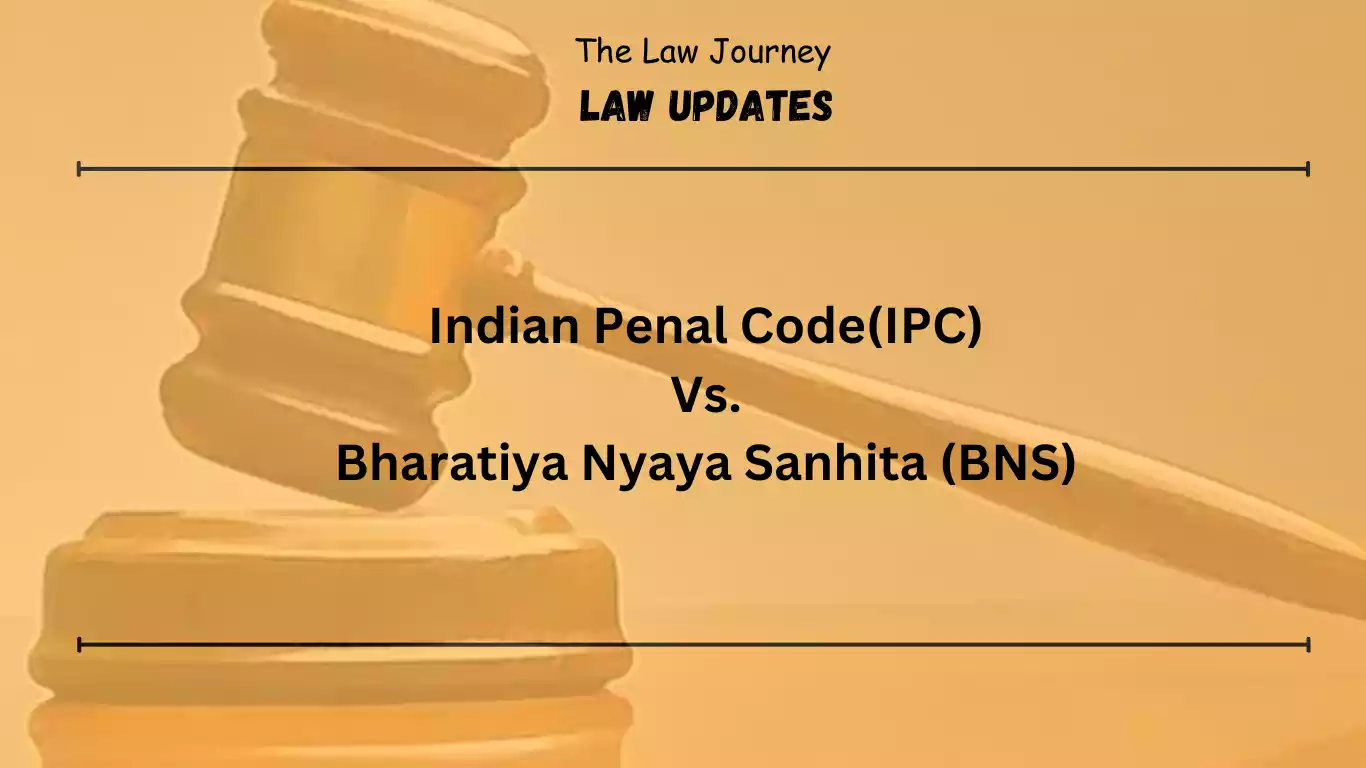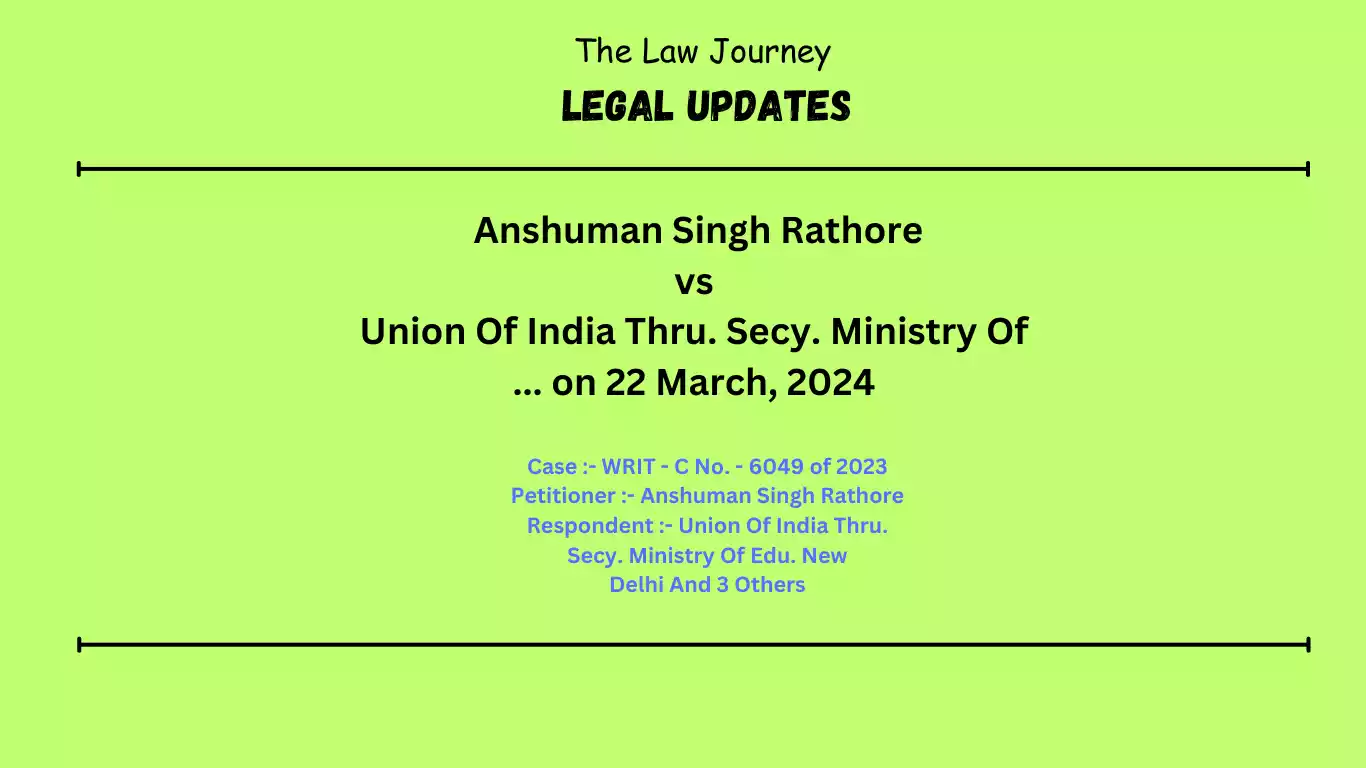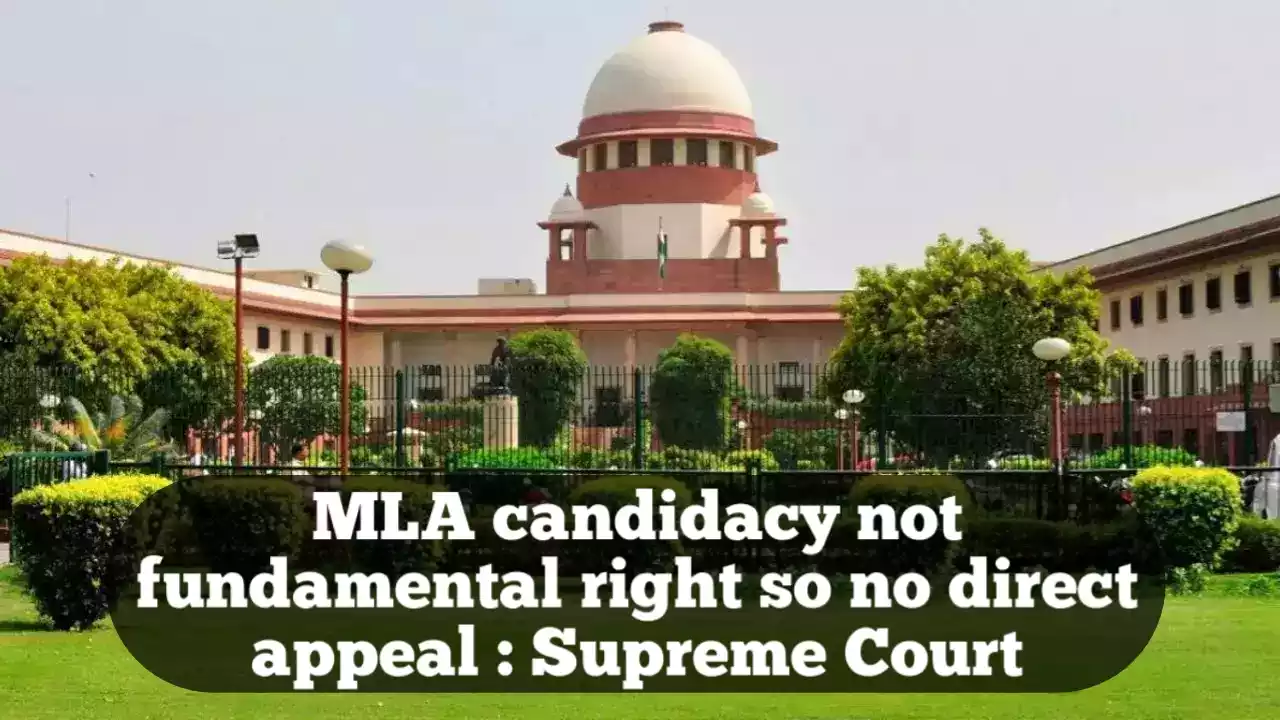The Supreme Court has suggested that all courts and judicial forums establish guidelines to guarantee that any funds deposited with the office or registry of the Courts or Tribunals are required to be deposited in a bank or financial institution. This directive was made in order to keep litigants from confronting
any potential interest loss on the sum deposited with the Courts. The statement was made by a bench of Justices MR Shah and S Ravindra Bhat on Tuesday while hearing a petition challenging an order of the National Company Law Appellate Tribunal (NCLAT).
“Before concluding this case, this court is of the opinion that in cases where amounts are deposited with the office/registry of the court/tribunal, such amounts should mandatorily be deposited in a bank or some financial institution, to ensure that no loss is caused in the future,” the court stated.
“Such recommendations should also encompass circumstances in which the interested litigant just files the instrument (Pay Order, Demand Draft, Banker’s Cheque, etc.) without requesting any order, in order to avoid situations such as the one in this case. These principles should be expressed in suitable rules or regulations of each court, tribunal, commission, authority, or agency that has adjudicatory power “The court went on to say.
The court was hearing two appeals from the National Company Law Appellate Tribunal, one by the original homebuyer’s legal representation (complainant) and the other by the builder/developer. In 1989, the complainant’s mother-in-law filed for a flat in a group housing scheme in Ghaziabad, Uttar Pradesh. She died after making three payments toward the flat and was followed by her daughter-in-law, who made the fourth payment. Following that, the developer issued an allotment in the programme.
Her daughter later made two further deposits. Eight years later, in December 2001, a demand notice for payment of the eighth and ninth instalments was issued to the complainant. She objected to the notice because there was no indication of progress or delivery of possession of the flat to her. On April 30, 2005, the developer issued a letter cancelling the allotment of the complainant’s flat. The claimant claimed to have deposited seven instalments up to October 4, 1993. The complainant accused the developer of unethical business practises and sought compensation.
However, the developer stated that the allotment was terminated due to the homebuyer’s failure to pay instalments on time.
The Competition Appellate Tribunal ruled in favour of the plaintiff, finding that the developer misrepresented to the general public the timeframe for completion of the project, but did not complete work for more than a decade. The Tribunal ordered the developer to pay compound interest to the complainant’s legal representatives.
The COMPAT’s order was contested by both the complainant and the developer in separate appeals to the Supreme Court, which sent it back to the tribunal to hear it again in an order dated July 18, 2017. COMPAT, which was abolished in 2017 and its responsibilities were taken over by the NCLAT, ruled that the homebuyer was entitled to additional compensation from May 1, 2005, to May 7, 2016, because the compensation previously ordered for had not been paid until then. But the Supreme Court on Tuesday declared, “In the present case also, the plaintiff cannot demand interest from the developer, who had returned the Pay Order.
As previously discussed, she might have chosen one of many choices at the time of submitting the complaint to ensure that the cash handed to her was retained in an interest-bearing account, without prejudice to her rights to collect interest later.
No equities may be extended to her in these circumstances.” “Concerning the complainant’s appeal, the claim is that the impugned judgement is incorrect since the Tribunal should have directed that the developer pay interest on the sum of Rs 4,53,750/ from October 4, 1993, till the date of realisation, which is May 6, 2016. This argument is clearly flawed because the interest payable for the previous period was settled in the earlier proceedings.The complainant did not point to any rule or binding legal principle which obliged the developer to pay such interest, or justify the direction in the impugned order, by showing how such liability arose in the facts and circumstances of this case,” the court said.
Related Post
- Bombay HC – ‘Arrest causes irreparable damage to a person’s self-esteem’
- SC- Conversion is a serious matter that should not be politicised
- Supreme Court – No prohibition on states establishing UCC panels
- Law student ends life in jaipur
- SC : Additional accused can be put on trial at any stage of proceedings
- India and France Promise to Strengthen defence Power
- India and France Promise to Strengthen defence Power
- Madras HC dismisses convert’s Plea for reservation

















